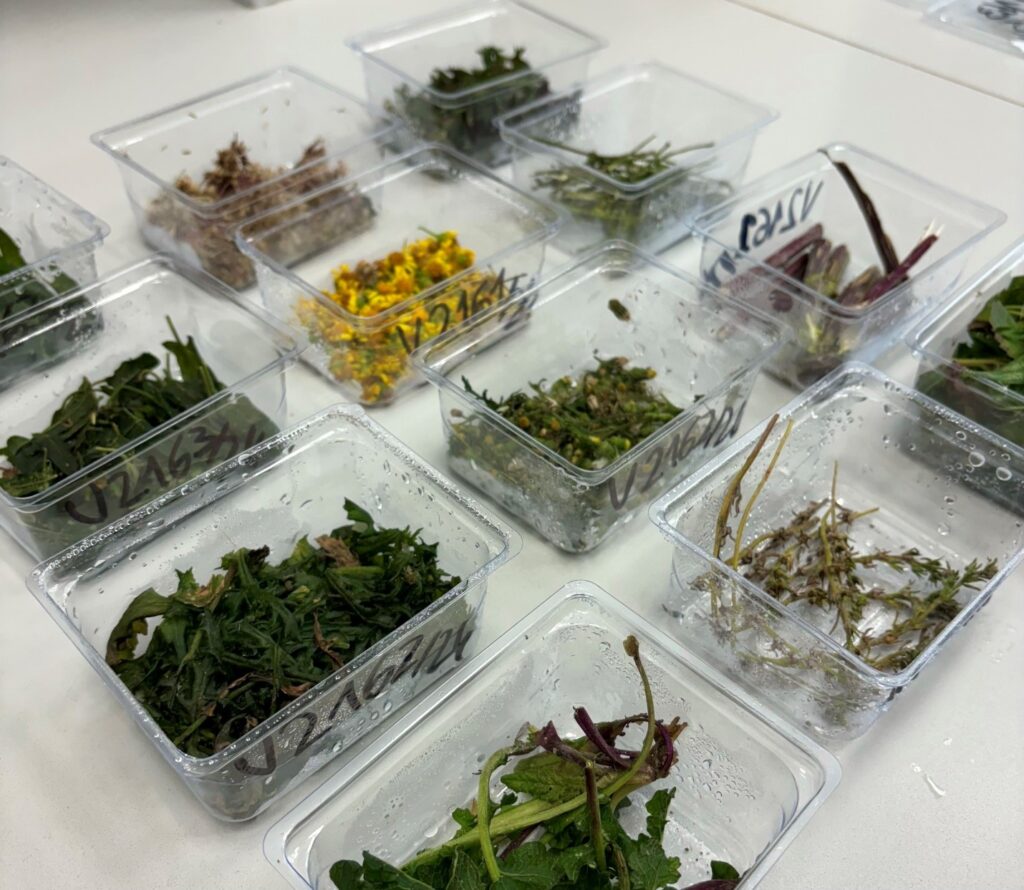Plant alkaloids are secondary metabolites that play an important role in the protection of plants against herbivores and pathogens, acting as toxins or repellents. These substances, which are often characterized by a high degree of biological activity, can enter the human food chain and have significant effects even at low dose. This PhD project at VSCHT University (Prague) aims to study the occurrence and their transformations during storage and food processing of two important classes of toxic alkaloids: tropane alkaloids (TAs) and pyrroloizidine alkaloids (PAs), for which specific limits are imposed by the European Commission for the presence in different food commodities such as cereal based products, herbal infusions, teas, spices and pollen-based products (European Regulation 915/2023). These two classes of alkaloids are, in fact, associated with important toxic effects: TAs are well known associated with acute toxicity (anticholinergic effects, tachycardia, nausea, confusion, etc.) while the new emerging class of PAs has been reported to cause chronic toxicity (hepatotoxicity, carcinogenicity and mutagenic effects). The outcome of this research will lead to a better understanding of TAs and PAs and provide new information for the European regulatory bodies to implement new strategies to improve the safety of the European population regarding these toxic alkaloids.

